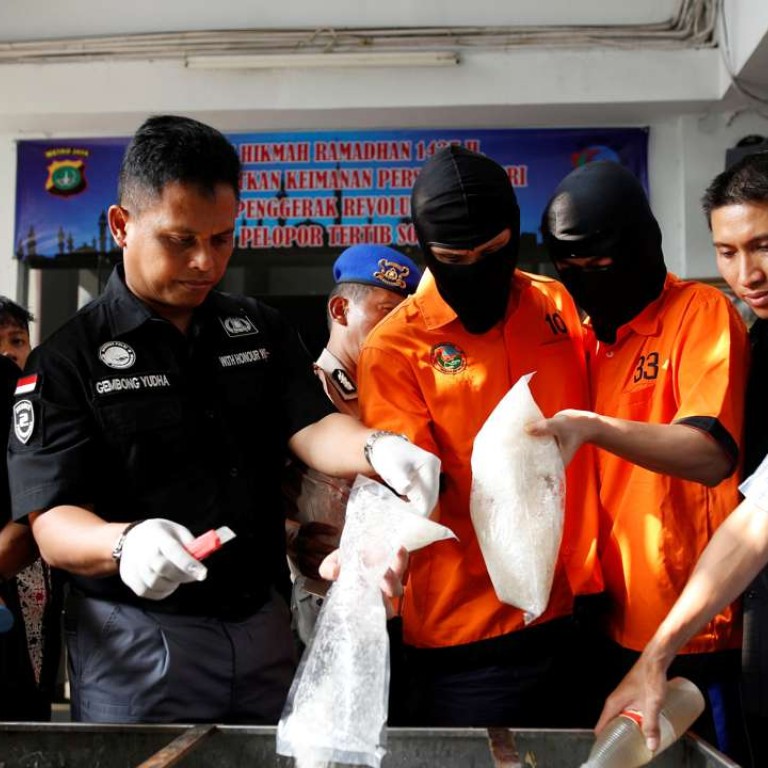
Indonesia anti-drugs chief calls for tougher Philippine-style war against dealers
Inspired by the Philippines “war on drugs”, Indonesia’s anti-narcotics chief plans to aggressively ramp up the country’s fight against drugs by bolstering its police force with more personnel and heavy weaponry.
The Southeast Asian neighbours have both declared a “war on drugs” with Indonesia stepping up executions of drug convicts, while the Philippines has launched a brutal crackdown in which hundreds of alleged drug dealers have been killed within months.
Leaders of the two countries will meet later this week in Jakarta and one of the main topics of discussion will likely be ways to wipe out the region’s drug trade.
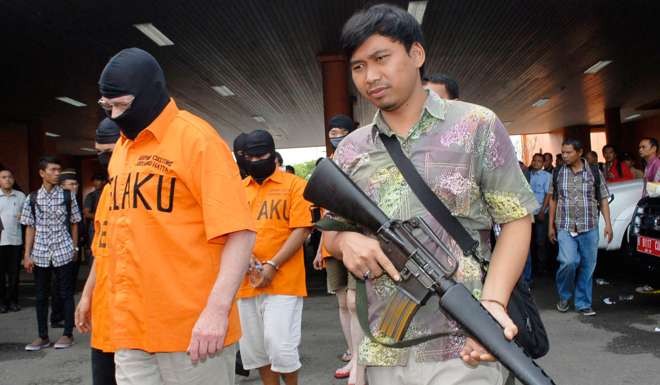
Budi Waseso, chief of Indonesia’s national anti-narcotics agency (BNN), said that the agency was in the process of adding weapons, investigators, technology, and sniffer dogs to its arsenal as it steps up law enforcement efforts in one of the region’s biggest narcotics markets.
When asked if Indonesia can be as aggressive as the Philippines in fighting drugs, Waseso said: “Yes I believe so. It can happen because (the drugs problem) in Indonesia is as bad as in the Philippines”.
“The life of a dealer is meaningless because (he) carries out mass murder. How can we respect that?,” he added.
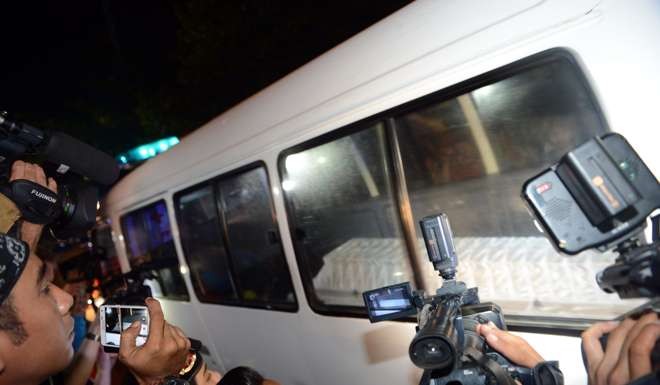
However, a BNN spokesman said Indonesia would not be as aggressive as its neighbour. “Our punishments have to be in accordance with our law and with national and international standards,” said spokesman Slamet Pribadi.
The government estimates there are 6 million drug users in the country of 250 million people. Of those, more than 1 million are addicted to meth, the UN Office on Drugs and Crime said in a 2013 report.
Thailand has also for years been tough on drugs but its soaring prison population has recently prompted a rethink and the downgrading of meth from a Category 1 drug to reduce numbers in jail.
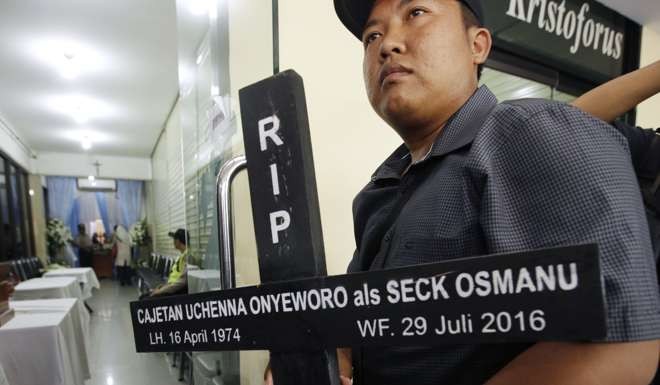
But the Philippines this week again defended the surge in killings since Duterte became president, handing out a 38-page pamphlet at the Southeast Asian and East Asian summit in Laos, praising his campaign against illegal drugs.
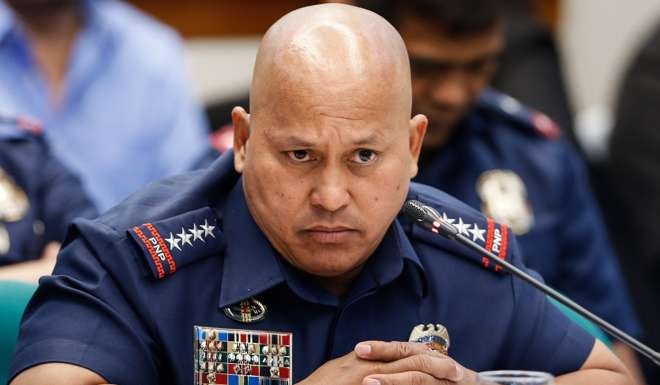
“We are not butchers who just kill people for no apparent reason,” reads one page of the booklet, citing the Philippines’ feisty national police chief, Ronald Dela Rosa.
“The campaign against illegal drugs has yielded an unprecedented number of ‘surrenderees’: more than 600,000,” said the glossy pamphlet, which features various photographs of Duterte, including one of him attending the funeral of a senior police officer allegedly shot dead by a drug peddler.
The booklet said that since Duterte took office 7,532 drug operations had been carried out, 12,972 pushers and users had been arrested, and police operations in July reduced crime by 49 per cent from a year earlier.
“Can you believe it’s only been two months into the Duterte presidency?” the final page reads.

